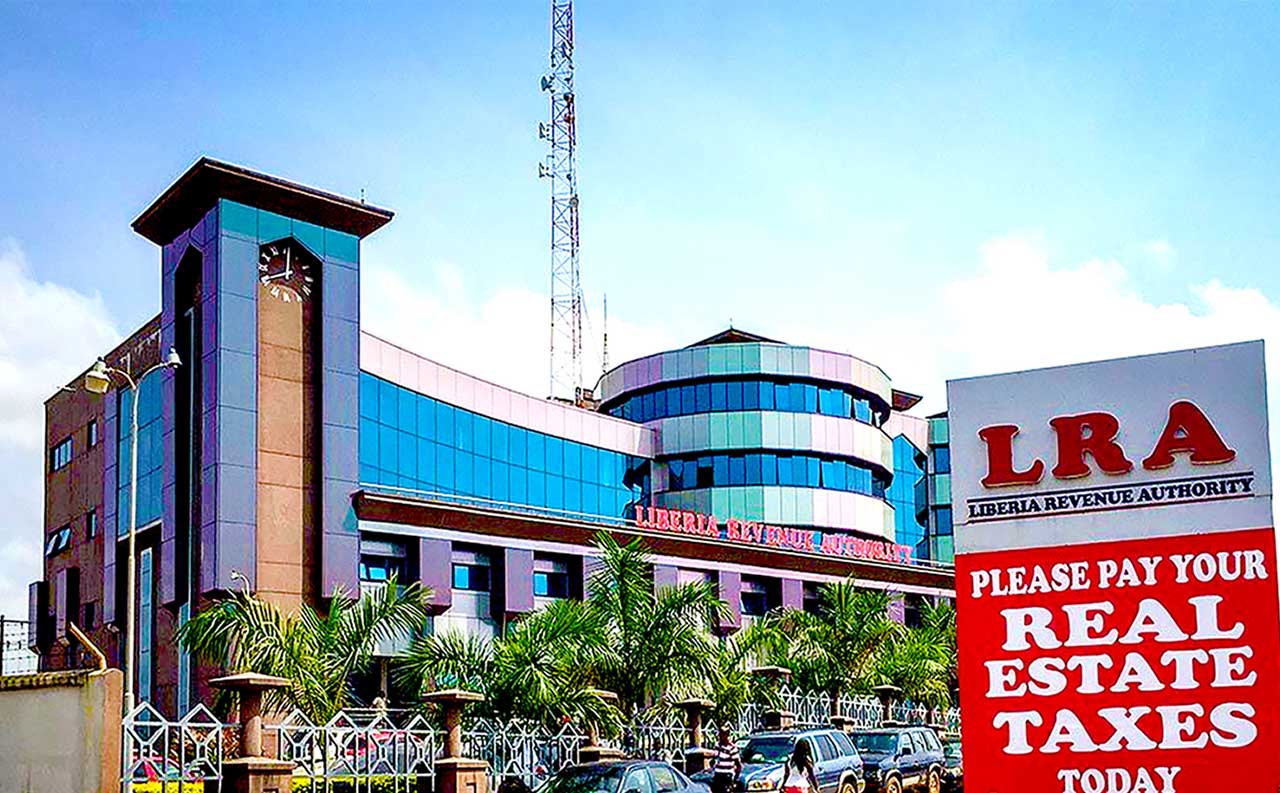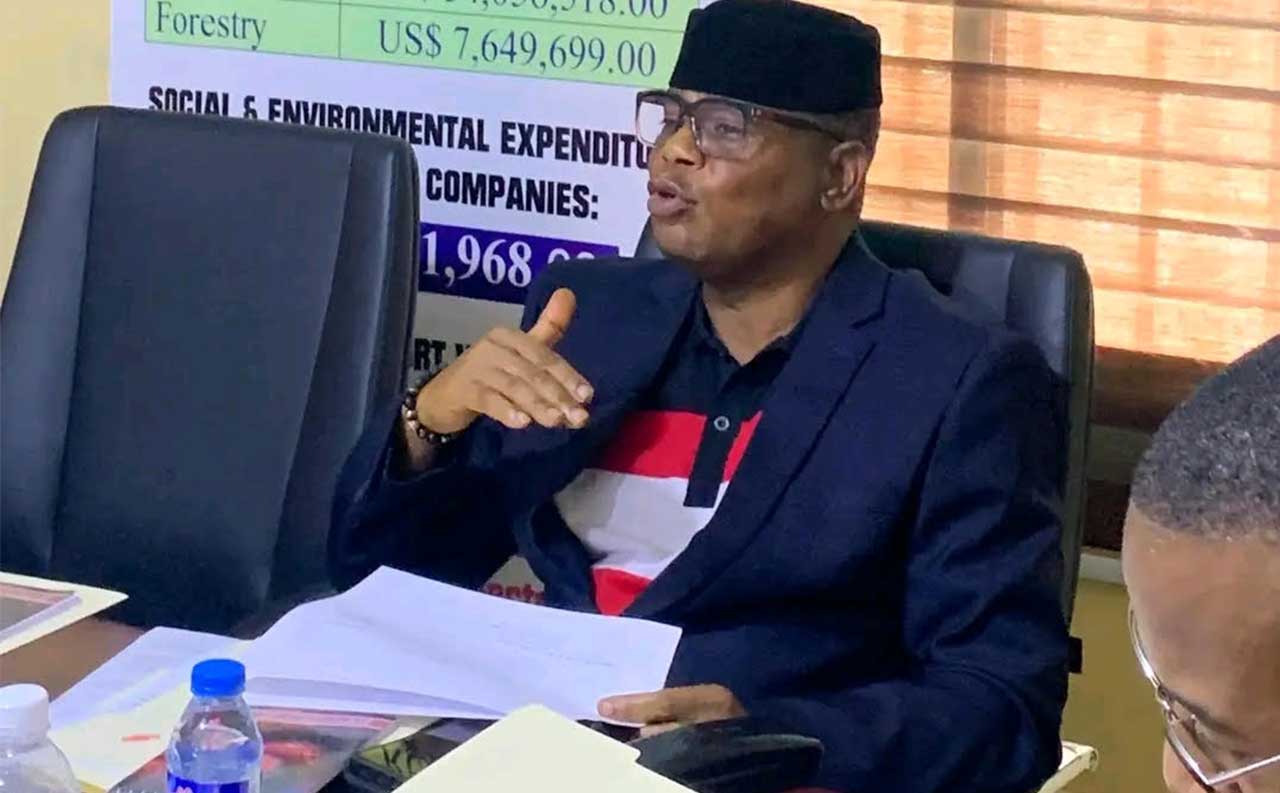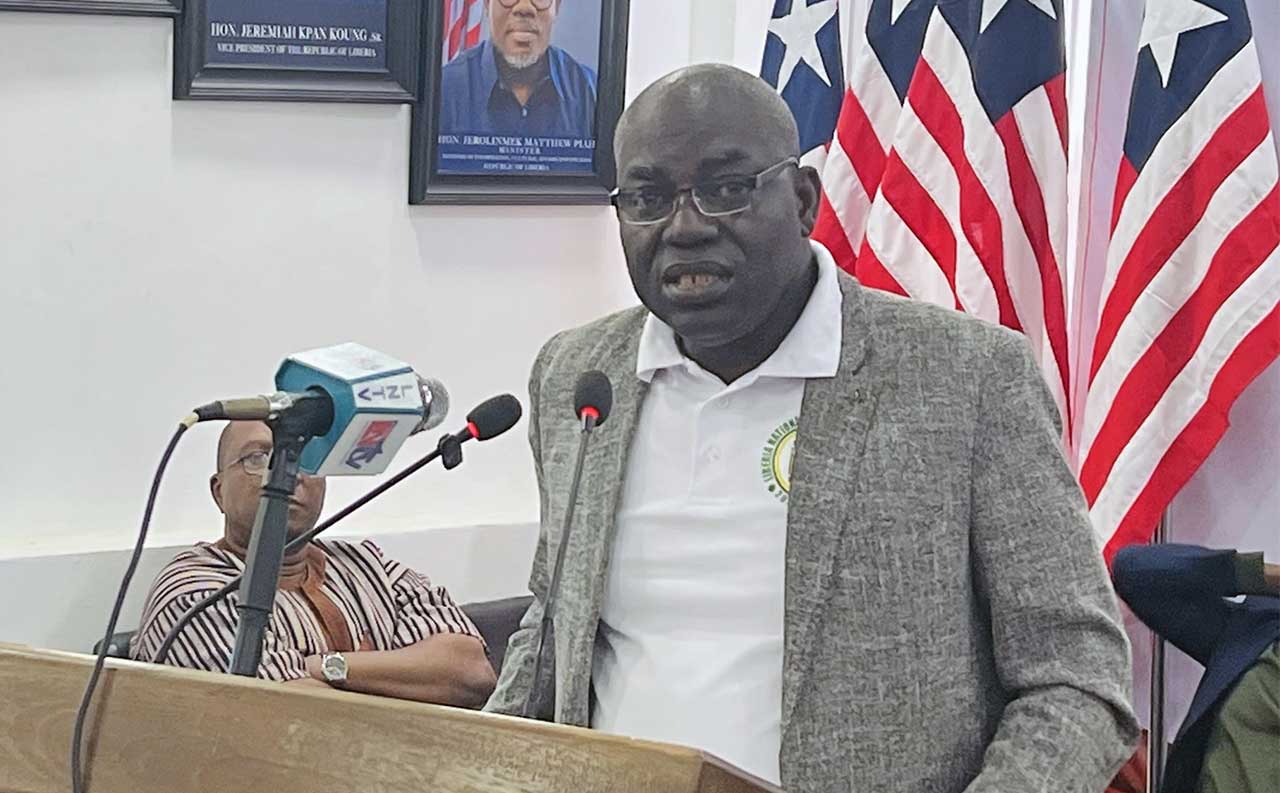The 7th High-Level Policy Dialogue and 21st General Assembly of the West African Tax Administration Forum (WATAF) has concluded in Freetown with a strong call from Liberia Revenue Authority (LRA) Commissioner General, James Dorbor Jallah, for effective, transparent, and equitable tax systems as the most reliable means to boost Domestic Resource Mobilization (DRM) and finance Africa’s development aspirations.
In his closing statement, Commissioner General Jallah commended the fruitful deliberations, describing taxation as a pillar of sovereignty, good governance, and inclusive growth. “The discussions here have reaffirmed that taxation is not merely a technical exercise but a cornerstone of sovereignty, good governance, and inclusive development,” he said.
CG Jallah underscored that effective, transparent, and equitable tax systems must remain central to Africa’s development agenda, adding, “As we depart Freetown, let us carry with us a shared conviction: that by standing together, strengthening our institutions, and deepening collaboration, we can build tax systems that not only raise revenue but also inspire trust and fuel the transformation of our nations.”
Key Outcomes of the Dialogue
The weeklong conference, held under the theme “Financing Development Through Effective Tax Systems,” brought together policymakers, tax administrators, civil society, private sector representatives, and international partners. The outcome statement, delivered by WATAF Executive Secretary Jules Tapsoba, highlighted the urgency of scaling up DRM in the face of declining donor support.
Delegates stressed the need for thorough diagnostics to address inefficiencies, weak institutional capacity, and low compliance, while pushing for stronger collaboration with the private sector and reforms in Public Financial Management to ensure accountability and fiscal discipline.
Institutional strengthening and digitization emerged as top priorities, with participants calling for the empowerment of tax officials, legislators, and the judiciary to ensure effective tax laws, enforcement, and dispute resolution. The adoption of e-invoicing, mobile payment platforms, and frameworks for taxing the digital economy was described as essential for compliance, efficiency, and transparency. Peer learning and regional cooperation were encouraged to accelerate reforms and avoid costly mistakes.
Fairness, Trust, and Citizen Engagement
Delegates emphasized that tax morale is built on fairness and transparency. Citizens are more willing to comply when governments demonstrate accountability in the use of public resources. Civil society and the media were recognized as key partners in ensuring fairness and inclusivity, while taxpayer education and open communication were described as vital to closing the information gap and strengthening trust.
The informal sector, which dominates many African economies, received strong attention. Participants urged governments to design policies that integrate the sector into the tax net without overburdening vulnerable groups. The focus, they argued, should shift toward High-Net-Worth Individuals, alongside measures such as tax stamps to curb smuggling.
The Dialogue also stressed the need to monitor tax incentives carefully, ensuring exemptions and holidays achieve development goals without undermining revenue bases. Stable, predictable, and transparent tax policies were underscored as critical for attracting private investment, with integrity and accountability at the heart of effective revenue administrations.
Closing Reflections
WATAF Council Chair, Talato Eliane Djiguemde-Ouedraogo, Director General of the Revenue Authority of Burkina Faso, described the Dialogue as timely and productive, producing a working paper that administrations, governments, and stakeholders should advance to boost DRM across West Africa.
She emphasized that the outcomes align with Vision 2050, Agenda 2063, and the Sustainable Development Goals, and urged collective action to unlock billions in untapped revenue.
“Tax administrations of the region operate in a complex environment, but with political will, institutional commitment, and private sector trust, we can transform the future,” she remarked.
The WATAF Council Chair thanked the host, the National Revenue Authority of Sierra Leone, along with panelists, development partners, and participants for the strong collaboration that produced valuable outcomes which must be taken seriously to achieve the desired results.
Calls for Greater Government Support
A major consensus emerging from the Dialogue was the urgent call for governments and finance ministries across the region to increase funding and support for revenue authorities. Speakers insisted that revenue administrations should be viewed not as cost centers but as investment prospects—institutions whose modernization and empowerment directly determine how much revenue countries can mobilize.
The message was clear: the more governments invest in their revenue authorities, the more revenue will be collected to finance sustainable national development. As the conference ended, this call resonated powerfully, underlining the shared determination of West African tax leaders to build resilient, transparent, and equitable systems that will drive inclusive growth and reduce dependence on external aid.



